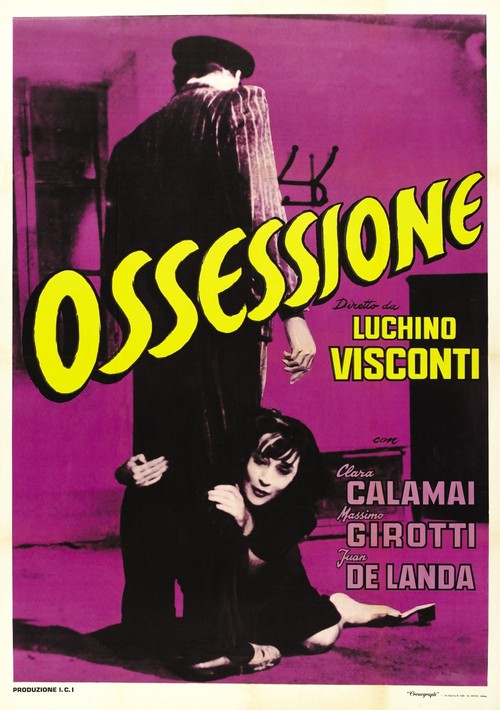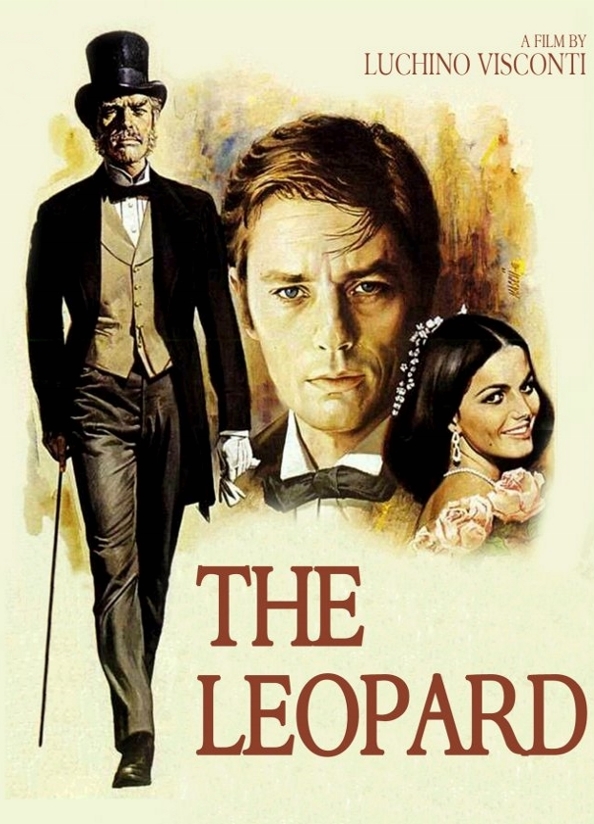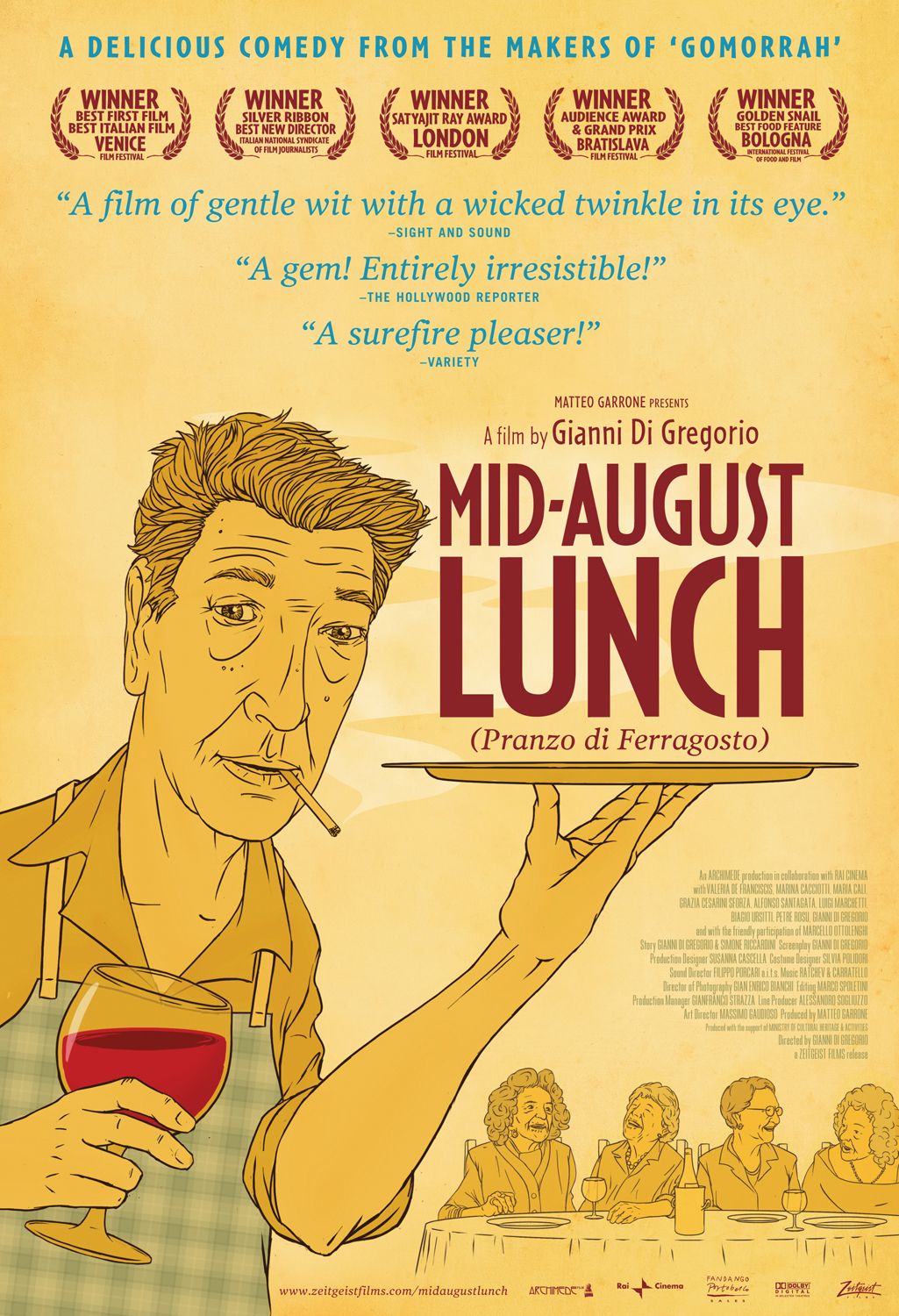We’ve just returned from an extended stay in Italy, most of it spent in Rome. It was an unforgettable trip, with all the stars aligning. We experienced a heady mix of lovely weather, welcoming people, fabulous food and wine. With beauty and history around every corner, you could almost forget all the horror happening to the East.
Back stateside, I realized I’d never done a piece on great films shot in Rome, home of the fabled Cinecitta Studios. Many others had, however, and on various lists I found many of the same classic titles, like Roberto Rossellini’s “Rome, Open City” (1945), Vittorio De Sica’s “Bicycle Thieves” (1948), William Wyler’s “Roman Holiday” (1953), and of course, Fellini’s “La Dolce Vita” (1960).
Those four titles are all superb, but as my research confirmed, they’re also well-recognized and celebrated already. By all means, if you haven’t seen them (or haven’t seen them in a while), watch them. They are wonderful to begin with, and improve with each viewing.
However, I want to sprinkle in a few lesser-known gems, many from the same directors, that also hold up admirably and bring to vivid life what’s been dubbed the Eternal City. All seven titles are readily available to stream on Amazon Prime.
“Arrivederci” literally translates to “until we meet again.” That’s just how I feel about Rome, and the films that best capture its magic.
Umberto D. (1952)
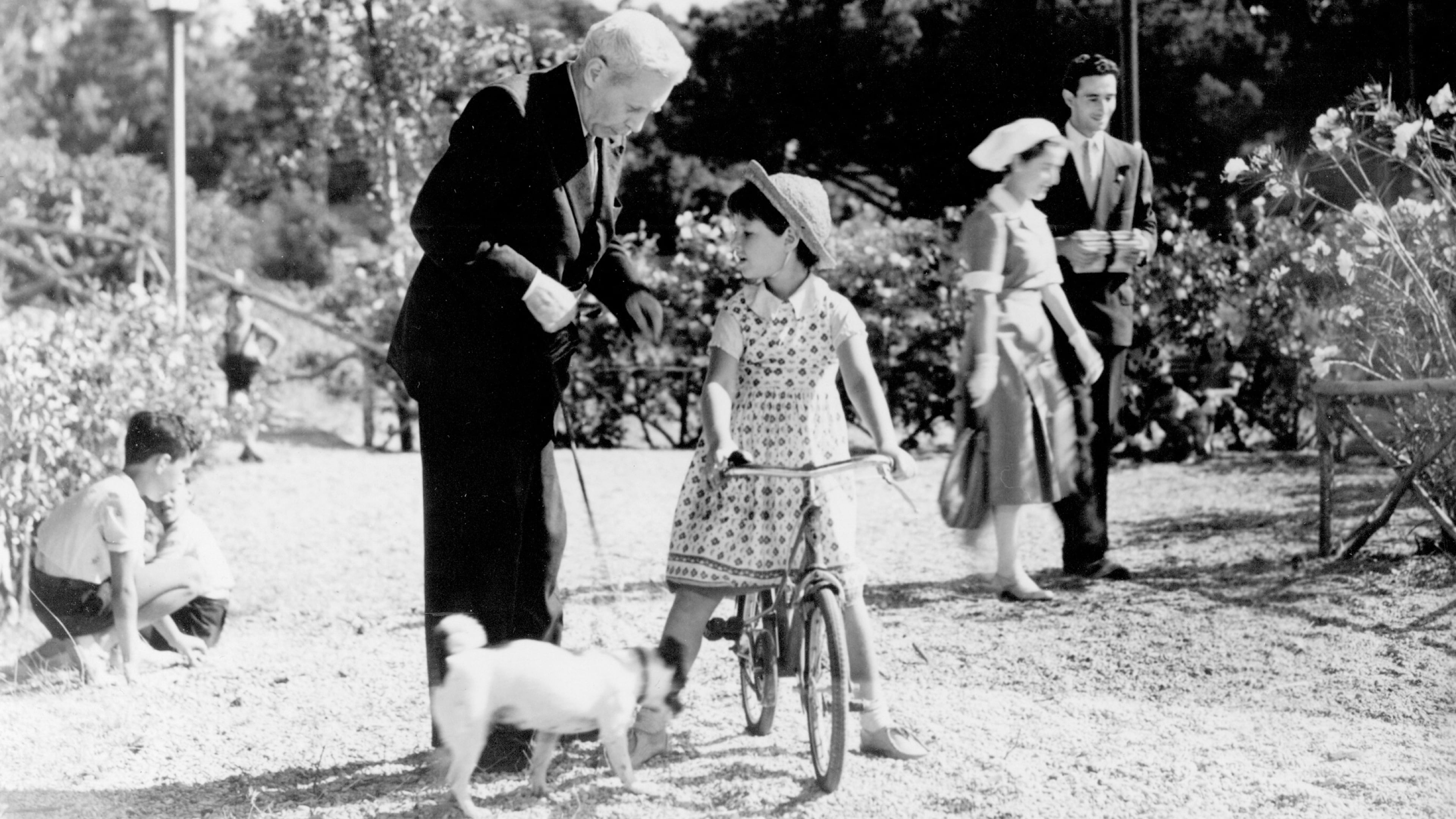
Nutshell: Umberto D. (Carlo Battisti) is an old man alone, except for his beloved dog Flike, struggling to survive with a modicum of dignity on a tiny pension in post-war Rome. This deceptively simple, heartbreaking tale is rendered with a purity and power that sneaks up on you and lingers long after the closing credits.
Director: Vittorio de Sica
Better known for: “Bicycle Thieves,” “The Garden of the Finzi-Continis”
Nights of Cabiria (1957)
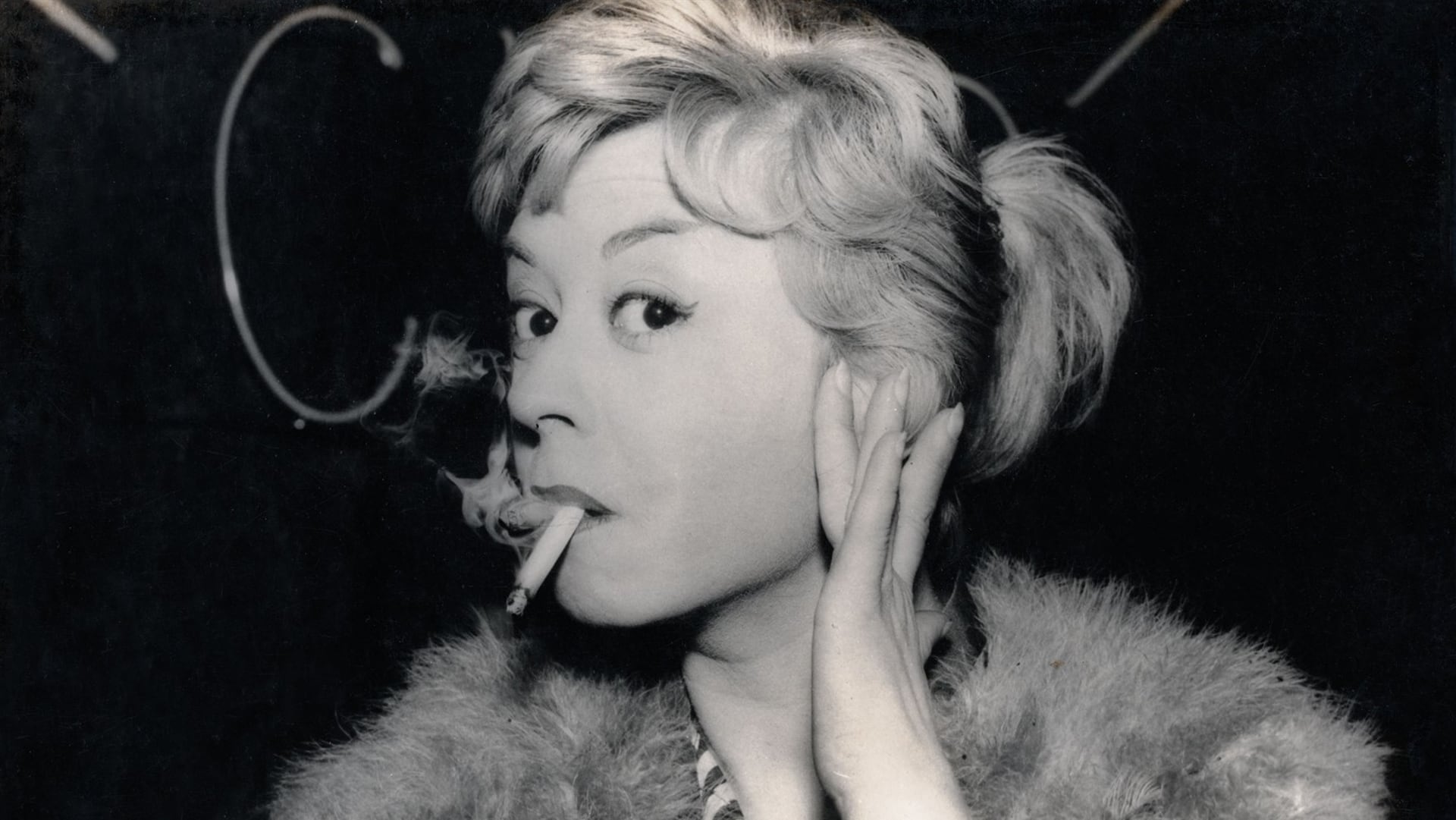
Nutshell: Cabiria (Giulietta Masina) is a waif-like prostitute cursed with an overly trusting, romantic nature. Her innocence at odds with her profession, she is mostly humiliated by the men in her life. When potential suitor Oscar (Francois Perier) appears, her hopes rise. Masina’s wondrous performance carries this bittersweet film.
Director: Federico Fellini
Better known for: “La Dolce Vita,” “8 ½,” “Amarcord”
L’Eclisse (1962)
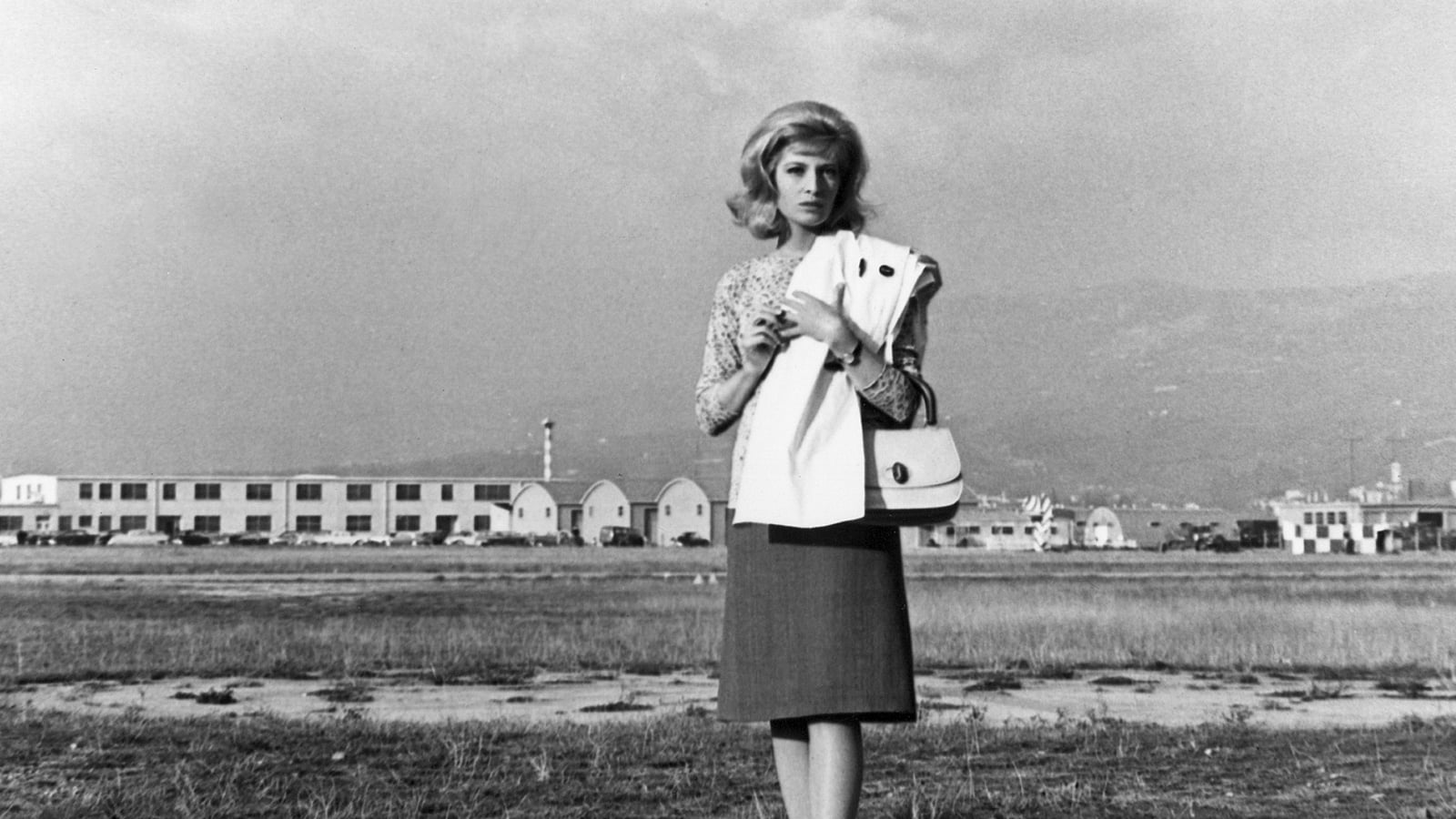
Nutshell: Engrossing tale of alienation concerns Vittoria (Monica Vitti), a stunning, enigmatic young woman who breaks off an engagement, then gets pursued by handsome stockbroker Piero (Alain Delon). Yet even Piero can’t fully reach or possess this mysterious, remote beauty. Both the young stars light up the screen.
Director: Michelangelo Antonioni
Better known for: “L’Avventura,” “Blow-Up”
I Knew Her Well (1965)
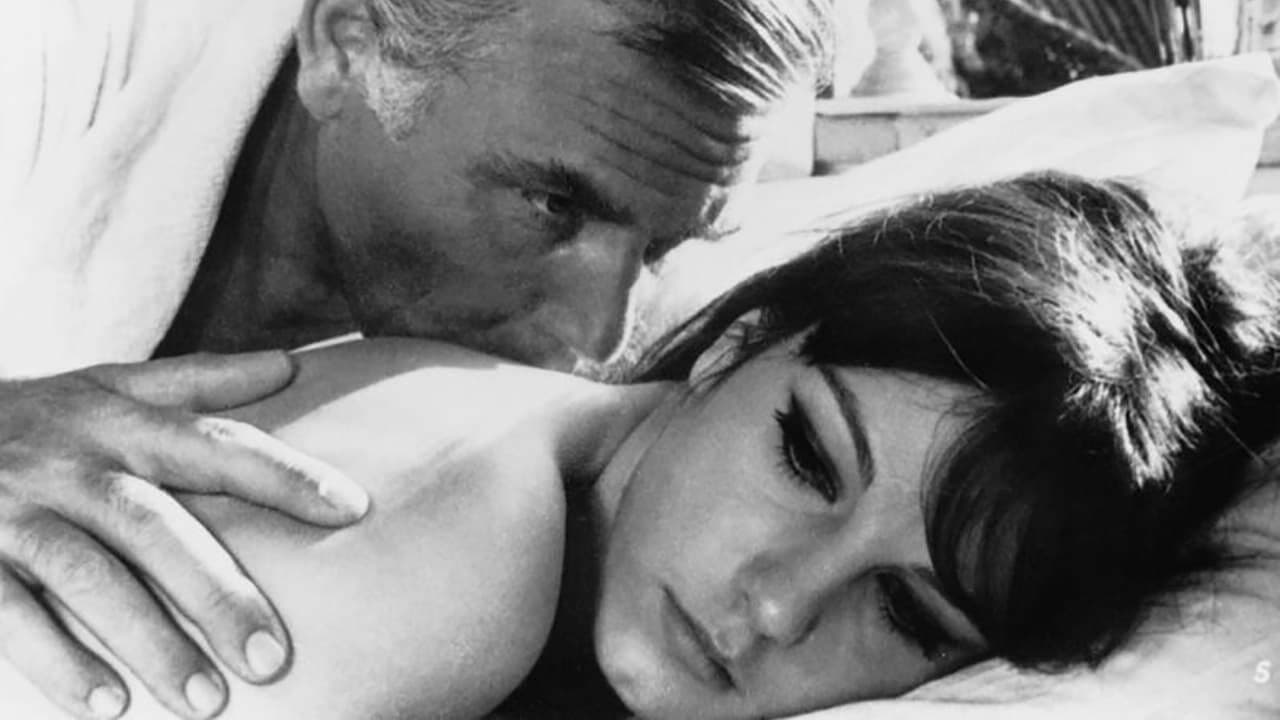
Nutshell: Adriana (Stefania Sandrelli) is a young beauty from the provinces who ventures to swinging sixties Rome in hopes of succeeding as a model and actress. She has no shortage of work- and after-work dates- but amidst all the frantic bustle, Adriana still feels empty and alone. Will she ever find satisfaction in big-city life?
Director: Antonio Pietrangeli
Better known for: “Adua and Her Friends”
Love and Anarchy (1973)
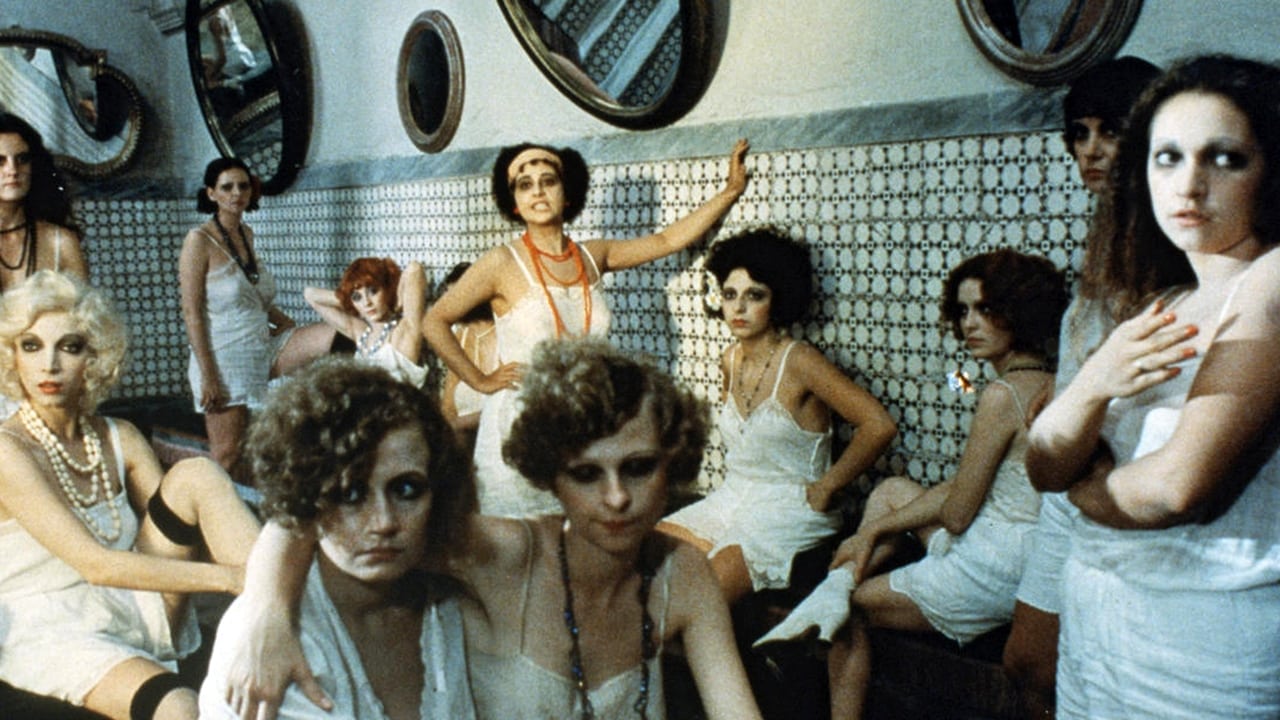
Nutshell: Set in the 1930s, this quirky dramedy centers on hapless peasant Tunin (Giancarlo Giannini), who agrees to assassinate dictator Benito Mussolini to avenge a friend’s death. He devises a plan with anarchist madam Salome (Mariangela Melato), moving into her brothel. Things get complicated when he falls for one of her employees.
Director: Lina Wertmuller
Better known for: “Seven Beauties,” “Swept Away”
A Special Day (1977)
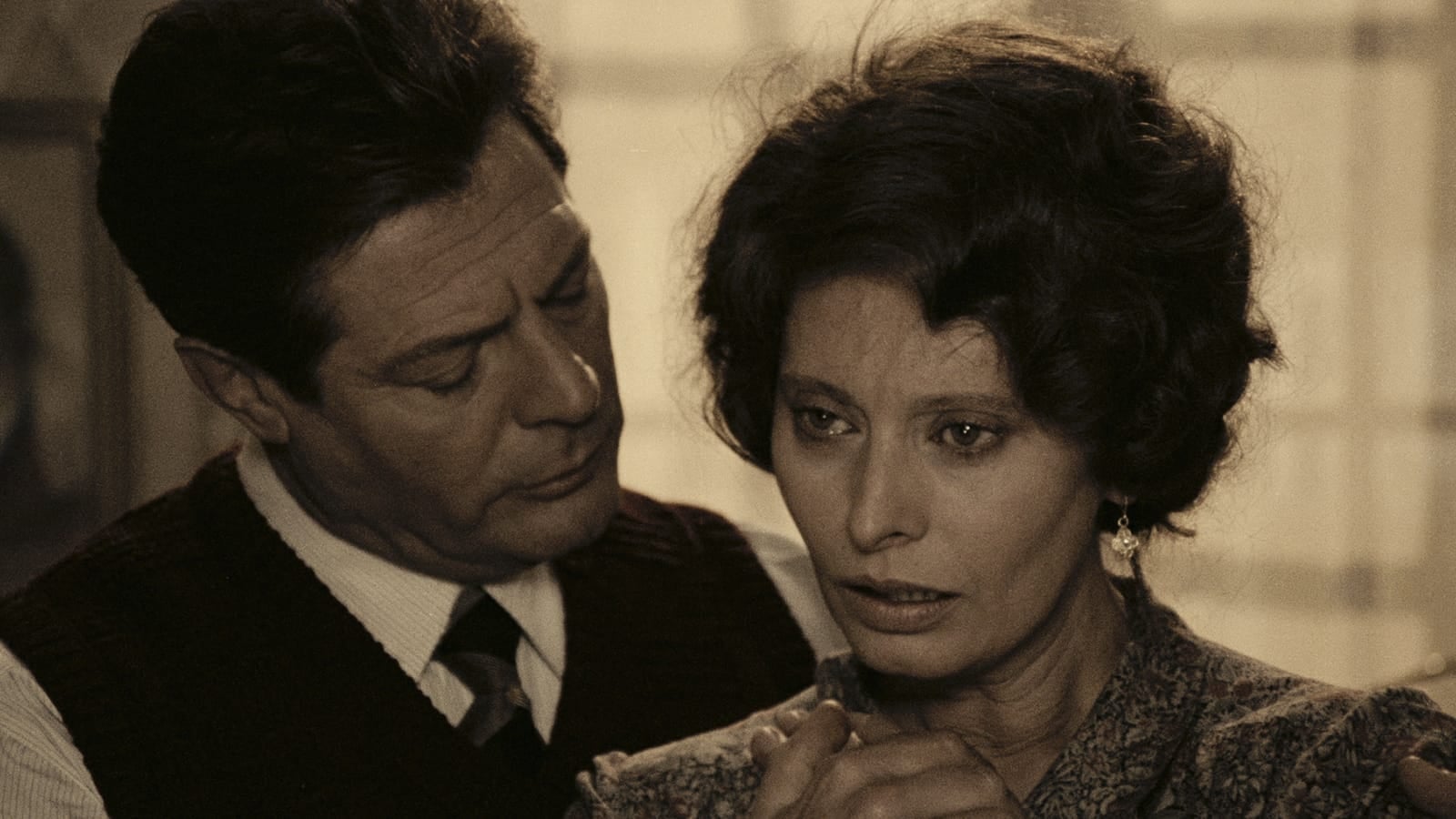
Nutshell: On the day Hitler first visits Rome in 1938, two neighbors connect by chance. Married to a fascist, housewife Antonietta (Sophia Loren) admires Mussolini, while left-wing radio announcer Gabriele (Marcello Mastroianni) is no friend to the regime. A wonderful late turn from two stars who made over a dozen movies together.
Director: Ettore Scola
Better known for: “We All Loved Each Other So Much”
Il Divo (2008)
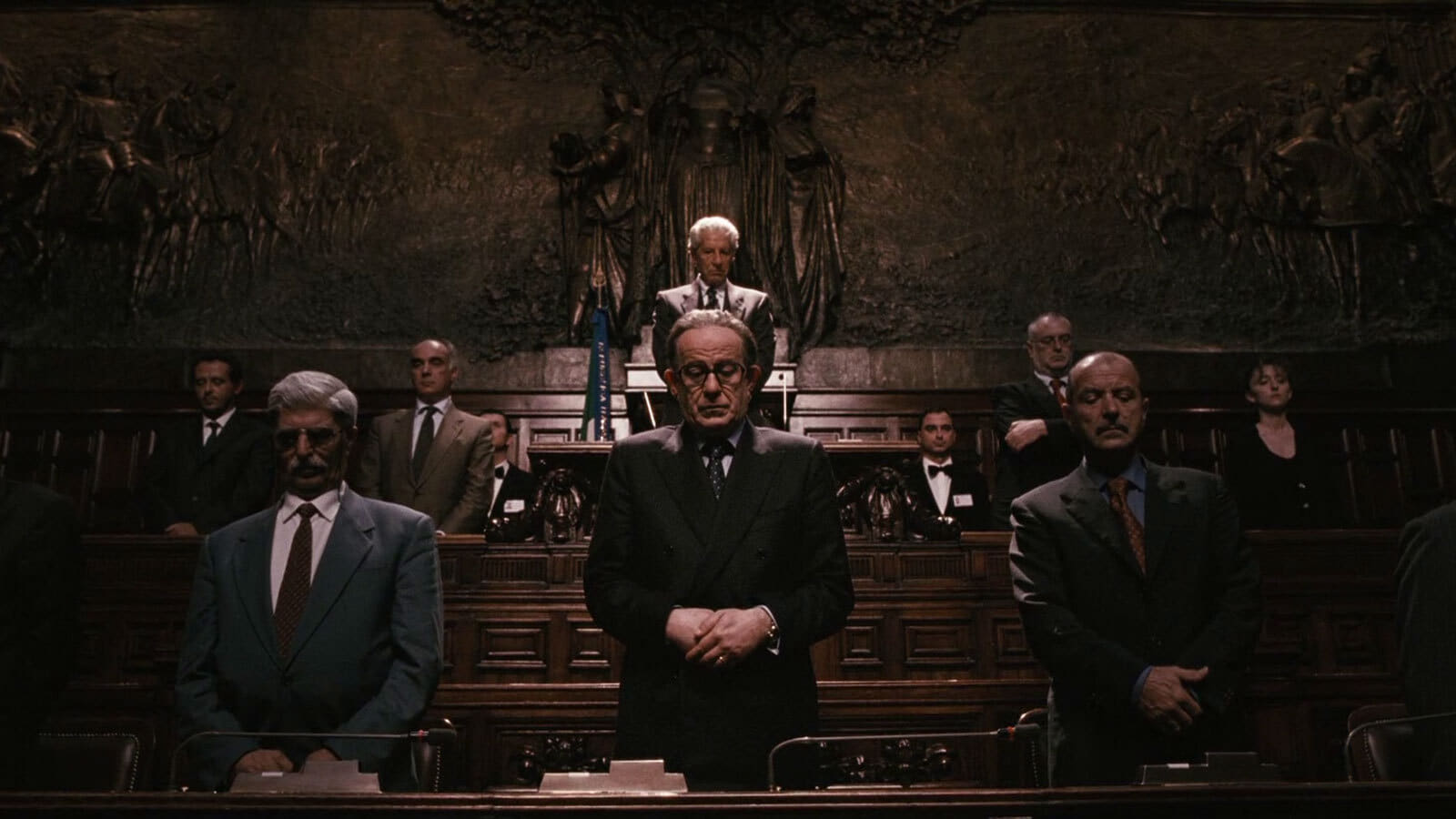
Nutshell: Riveting film tackles the dark legacy of Giulio Andreotti (Toni Servillo), who served as Italy’s Prime Minister seven times. Over his long career, he was implicated in serious crimes and prosecuted for corruption, yet somehow survived. Servillo makes this cunning, complex figure as fascinating as the times in which he lived.
Director: Paolo Sorrentino
Better known for: “The Great Beauty”
More: A Brief History of Italy's Most Incredible Post-War Cinema
